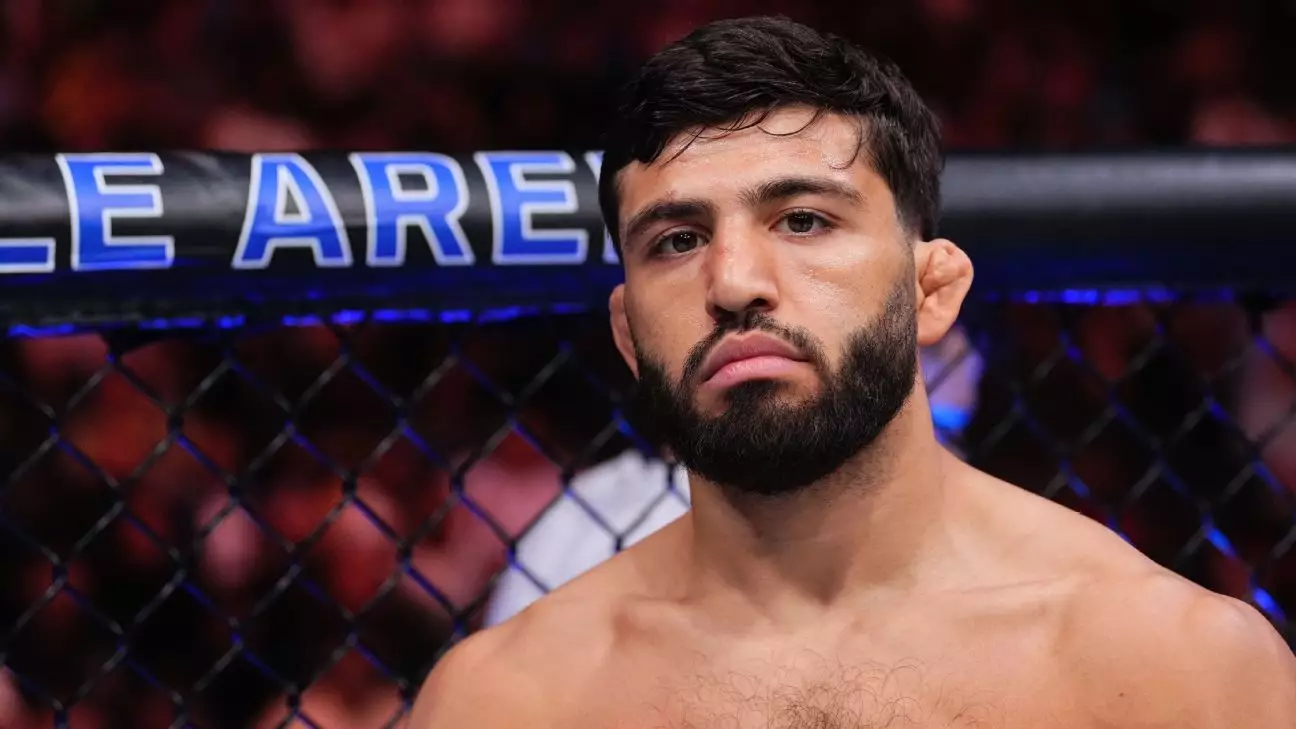In the high-stakes world of UFC, confidence is both a weapon and a double-edged sword. Ilia Topuria’s recent display of cockiness before and after his victory over Charles Oliveira exemplifies this phenomenon. His bold prediction of a first-round knockout and celebratory demeanor suggested a deep-seated belief in his supremacy. Such bravado, while rallying for fans and boosting an athlete’s aura, can also cloud tactical judgment. Overconfidence often blinds fighters to their vulnerabilities, making them susceptible to unexpected outcomes. In Topuria’s case, declaring victory before stepping into the octagon might have amplified pressure and diminished humility—traits essential for sustained growth and adaptability in combat sports.
Confidence Rooted in Circumstance or True Belief?
Arman Tsarukyan’s skepticism towards Topuria’s displayed confidence exposes a critical perspective on fighter psychology. Tsarukyan argues that Topuria’s bravado was largely motivated by a favorable matchup against Oliveira—a fighter whose strengths did not align with Topuria’s skill set. Essentially, the confidence was contextual, born from perceived dominance rather than an unwavering belief in one’s all-around abilities. This highlights a core flaw: confidence built on comfort zones rather than proven resilience can threaten a fighter’s success when faced with someone like Tsarukyan, a wrestler and a more balanced attacker. True resilience comes from internal confidence not conditioned by opponents’ weaknesses, but rather fortified by consistent performance against diverse adversaries.
The Fragile Line Between Elite and Overhyped
The UFC’s roster is a delicate ecosystem where newcomers often ride waves of hype, strengthened by impressive but sometimes untested victories. Topuria’s ascension—knocking out high-caliber fighters like Volkanovski, Holloway, and Oliveira—marks a remarkable run. Yet, Tsarukyan argues that these wins, gained against fighters past their prime or not at their best, should be scrutinized. This raises questions about what truly distinguishes top-tier fighters: is it the quality of opponents or the ability to adapt and outperform during prime? The narrative suggests that Topuria’s current reputation may be inflated by circumstance rather than comprehensive dominance, making his claim to be on equal footing with champions like Islam Makhachev premature until he tests his mettle against fighters in their prime.
The Importance of Real Resilience and Long-Term Readiness
Tsarukyan’s focus on facing Makhachev underscores an often-overlooked truth: consistent performance against prime competitors is the ultimate test of a fighter’s worth. His own frustration at missing the opportunity to challenge Makhachev accentuates the importance of perseverance and patience. A fighter’s legacy isn’t built merely on striking highlights or knockout streaks but on sustained dominance against elite opponents. Confidence without resilience—marked by repeated failures against top-tier challengers—can become a dangerous illusion that eventually shatters. As someone on a four-fight winning streak, Tsarukyan emphasizes that real progress is measured in battles against the best, not just those who are convenient or declining.
By peeling back the layers of bravado, context, and elite competition, it becomes clear that the mental game in UFC is as critical as physical prowess. Athletes who understand their own limitations and approach each fight with humility and resilience are more likely to stand the test of time. Confidence driven by genuine preparedness and a balanced mindset, rather than hype and complacency, is what separates true champions from fleeting stars.

